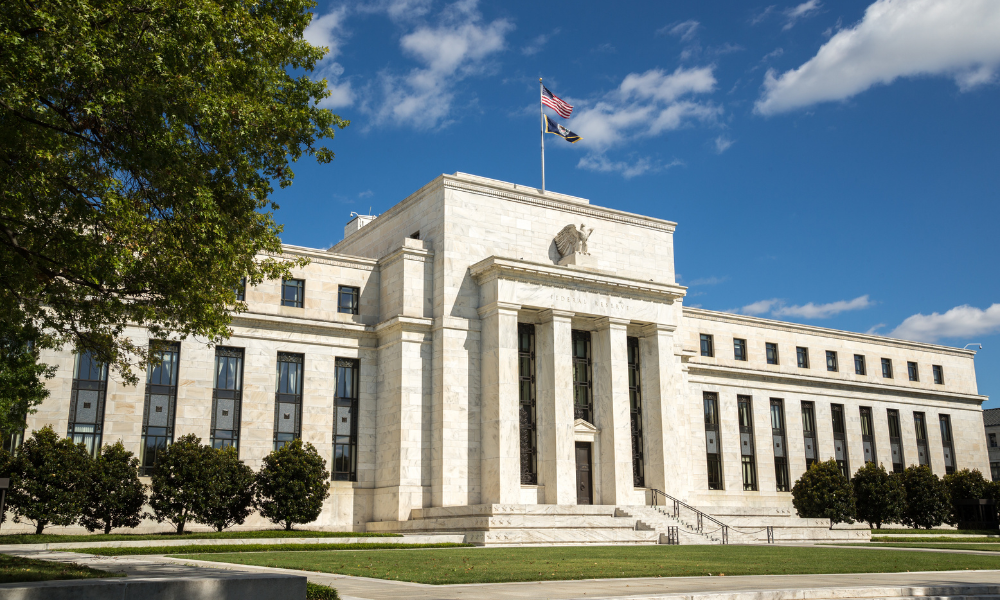The decision to prorogue parliament has created even more uncertainty for advisors and their clients about any increase in the capital gains inclusion rate

When parliament is prorogued, any proceedings before parliament are ended. With some exceptions, any unfinished business is effectively thrown out. Any bills that had not yet received royal assent and been made law would need to be reintroduced in a new parliament. That means the decision by Prime Minister Justin Trudeau to prorogue parliament with his resignation as Liberal leader has killed as-yet unpassed measures that many Canadians already made plans for.
Those include the lifetime capital gains exemption increase, the Canadian entrepreneurs’ incentive, and the proposed increase of the capital gains inclusion rate to 66 per cent for all corporate gains and any personal gains over $250,000.
While the apparent end of that much-maligned increase in the inclusion rate might be celebrated by some, the reality of the situation remains uncertain. Aurèle Courcelles, Assistant Vice-President, Tax and Estate Planning at IG Wealth Management, notes that the CRA had already stated it would enforce the capital gains inclusion rate increase backdated to June 25, 2024. He says that there has been precedent for the CRA enforcing proposed measures that have not yet received royal assent, but those were usually in periods of greater political clarity. Right now, uncertainty abounds and parliament won’t sit again until March 24th.
“What this means for advisors is that we don’t know what will happen after March 24, whether the current government would reintroduce those existing bills, if they would pass, and if the government is brought down in a non-confidence motion what the next government would do,” Courcelles says. “When advising clients, there’s a lot of uncertainty about where all this is going to go. Hopefully, within the next few days, the CRA will come out with how they intend to interpret or apply the legislation.”
Courcelles notes that the CRA has not yet issued its forms for capital gains filings, leaving things even more unclear. Moreover, because Parliament will be prorogued until after the personal tax filing deadline, Canadian advisors and their clients can’t look to parliament for clarity. The answer will have to come from the CRA.
Corporations, Courcelles says, have been dealing with this increase in the capital gains inclusion rate since June. They’ve also been subject to the 66 per cent inclusion rate from their first dollar of gains. Clarity from the CRA will be especially important for clients who own corporations.
While corporations have possibly less runway, depending on their year-end, Courcelles notes that there is still some runway for individuals before they hit the filing deadline. He says, however, that the number of people who could be subject to the higher inclusion rate should still be relatively small. Moreover, for those clients who did trigger a gain of over $250,000 by selling an asset like their cottage, there may be other reasons for that gain that tax policy would not have influenced.
Courcelles also notes that while we wait for clarity from the CRA, advisors will have to remind clients that any gains realized last year cannot be reversed. Even if a gain was triggered before June 25th of 2024 to remain at the 50 per cent inclusion rate, that decision can’t be reversed even if the CRA comes out and says the increase to the inclusion rate is dead. Advisors will have to be the voice of restraint for clients, keeping them calm while we wait for more clarity.
“If somebody was calling their advisor in the next few days, I think the response should be to say that there’s a lot of uncertainty going on, so we should wait and see how this shakes out,” Courcelles says. “Eventually there will be some guidance in terms of how capital gains are realized.”



